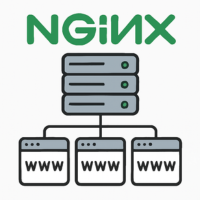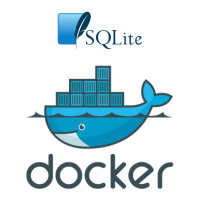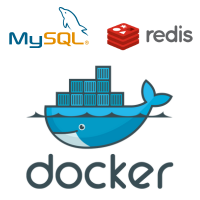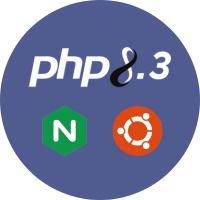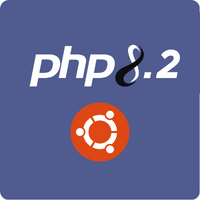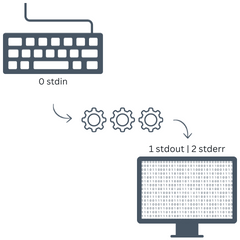Practical guide to PHP 8.5 containerization
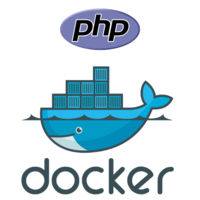
Containerization for PHP 8.5 gives a simple, predictable and practical way to run applications without worrying about what the host machine has installed. A container bundles PHP, extensions and all required tools in one place. This helps teams keep things clean, reproducible and easy to work with. The idea is straightforward: you build an image, start containers from it and share the image when needed. PHP 8.5 brings performance improvements and a smoother developer experience, so pairing it with Docker is a natural step for modern projects.
